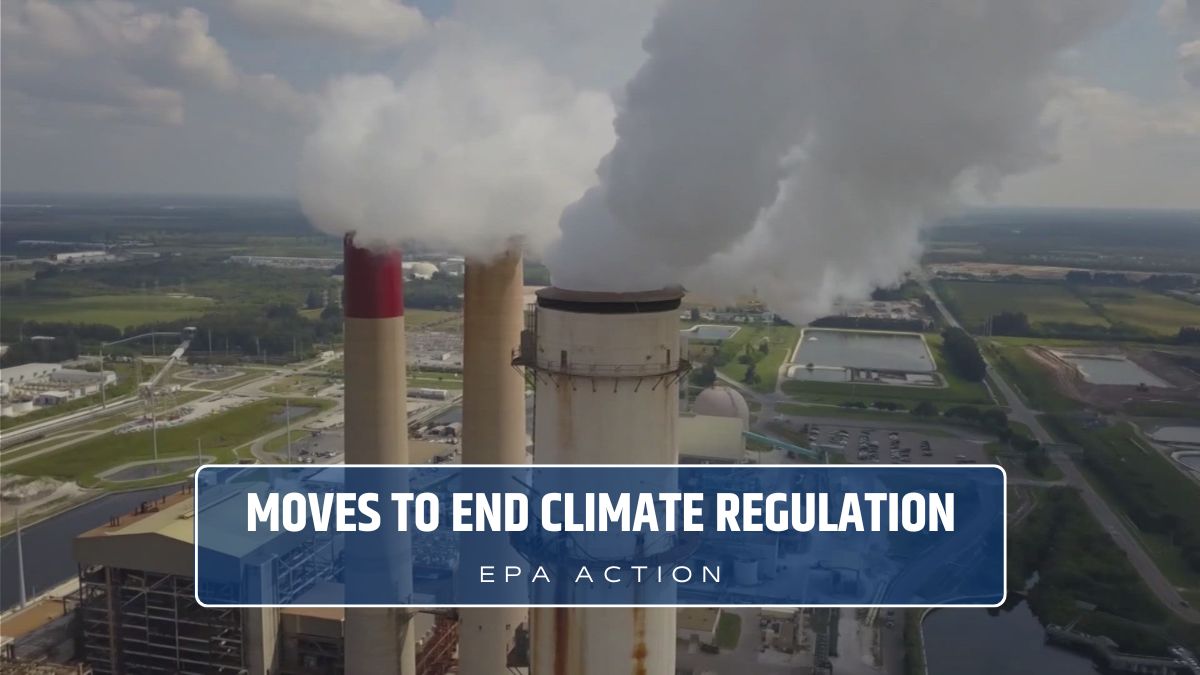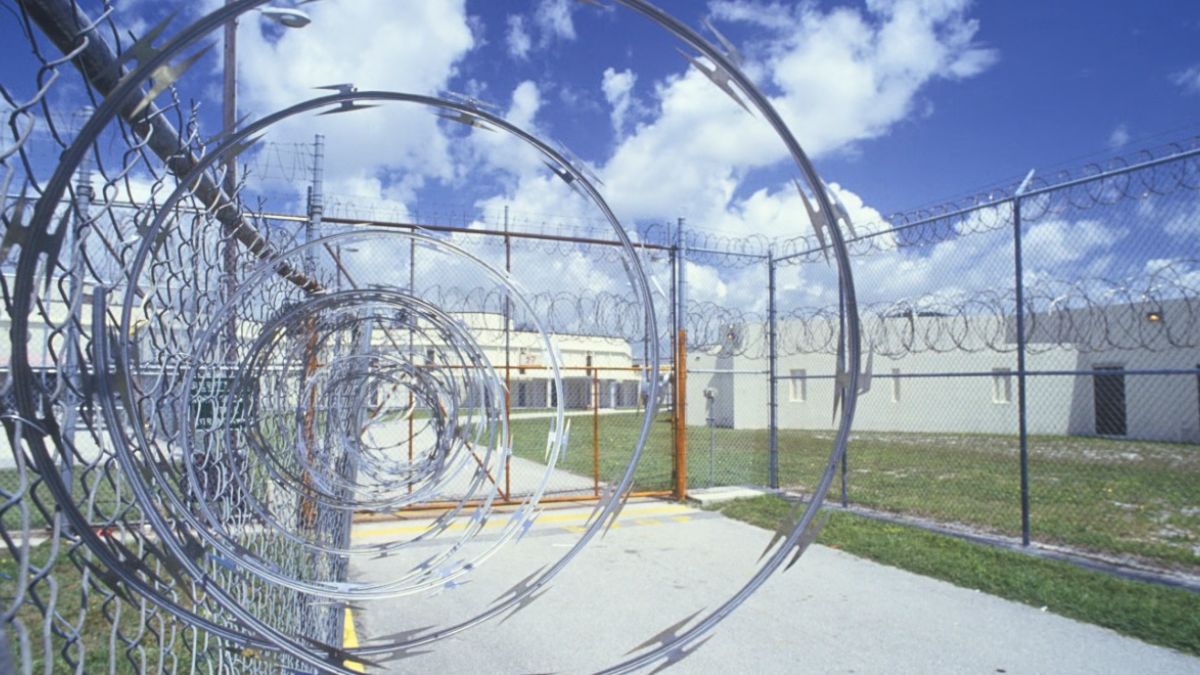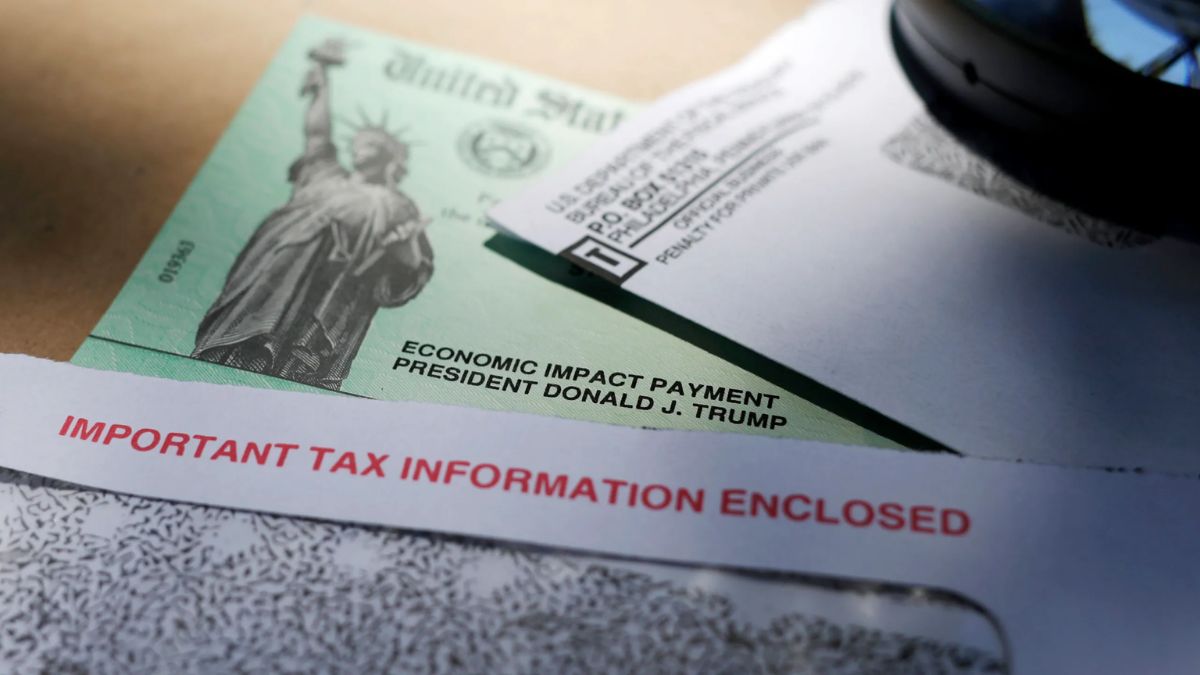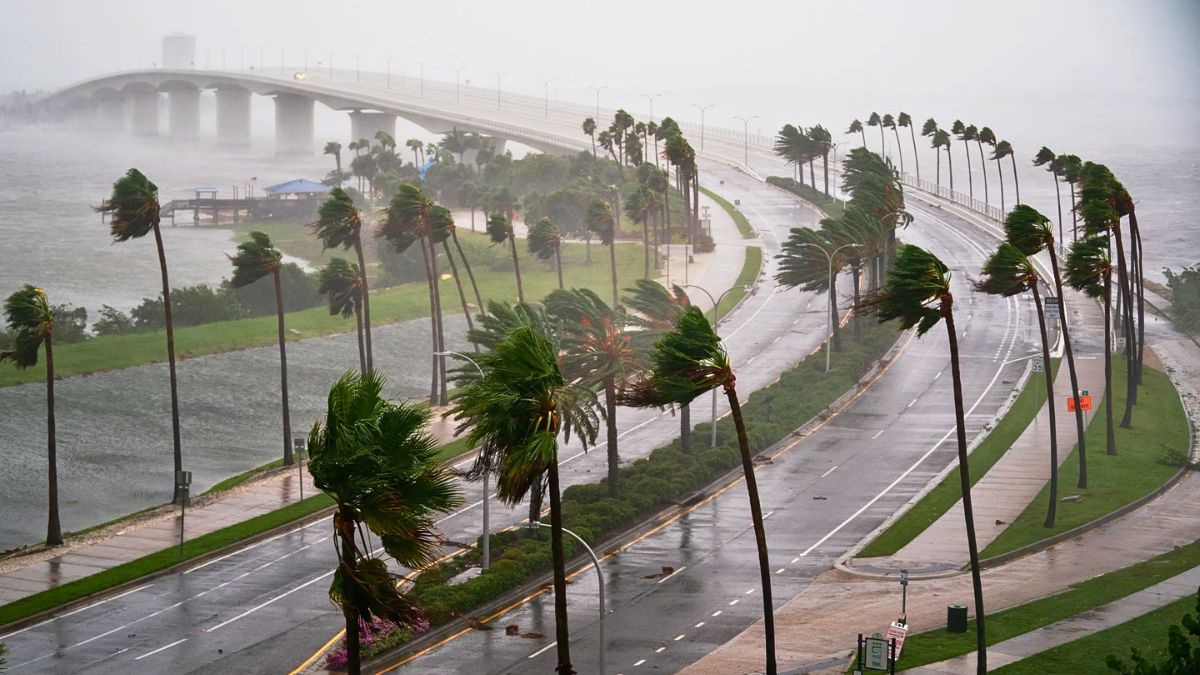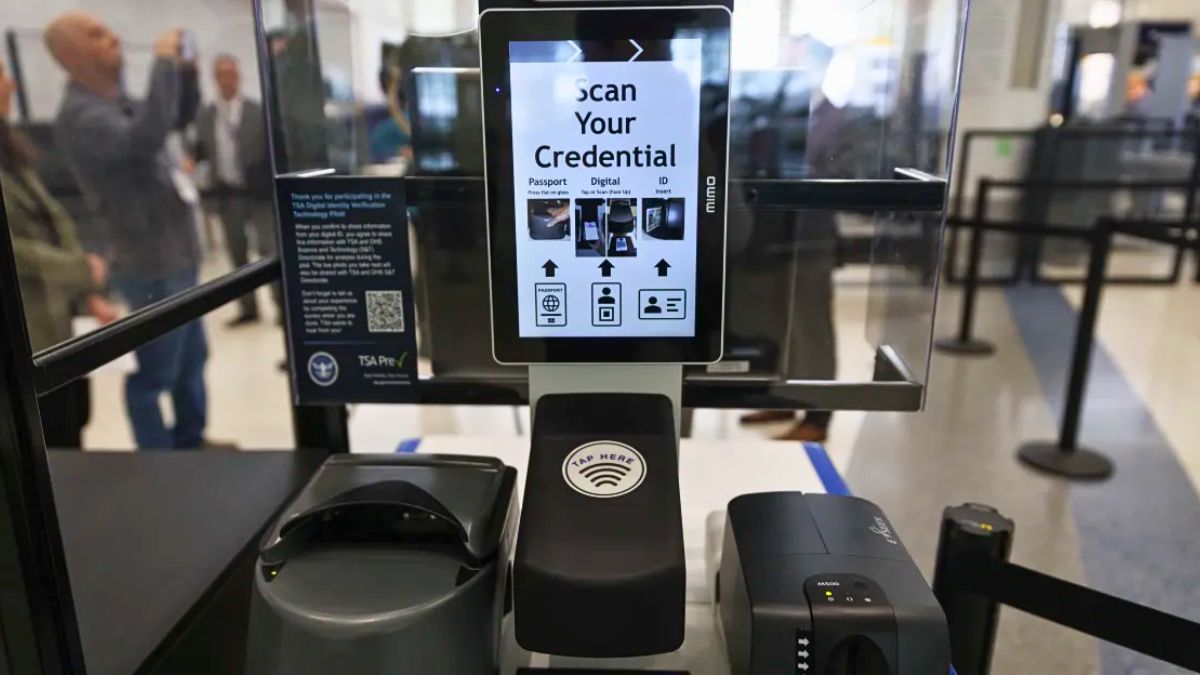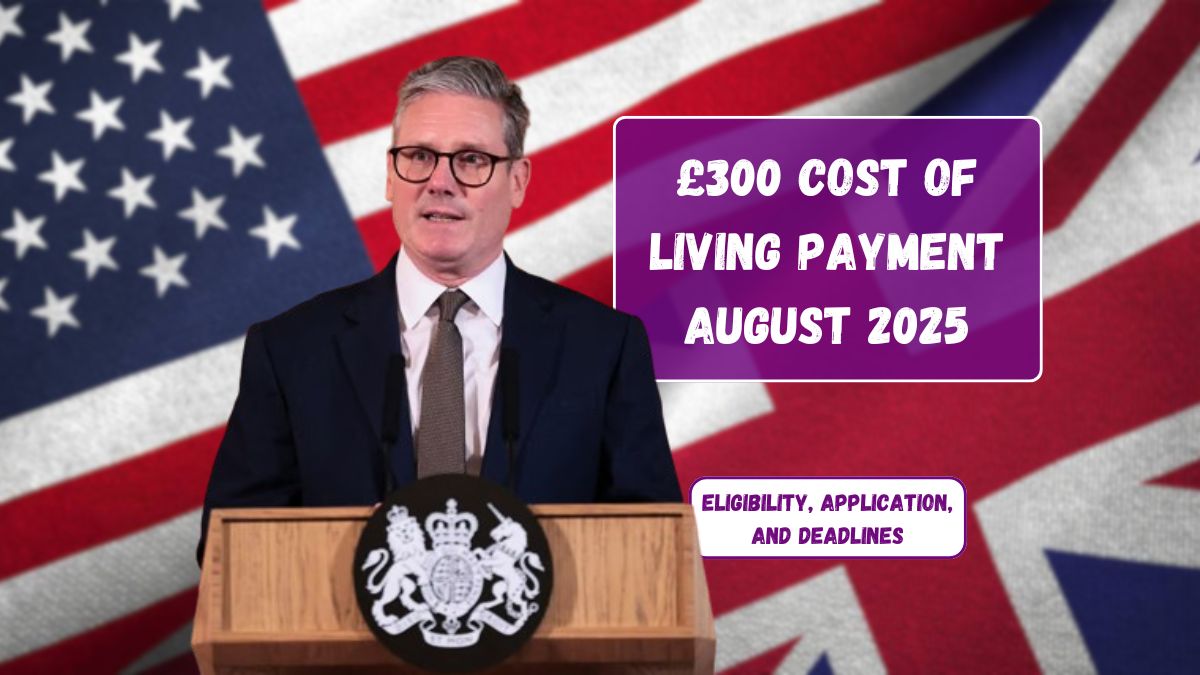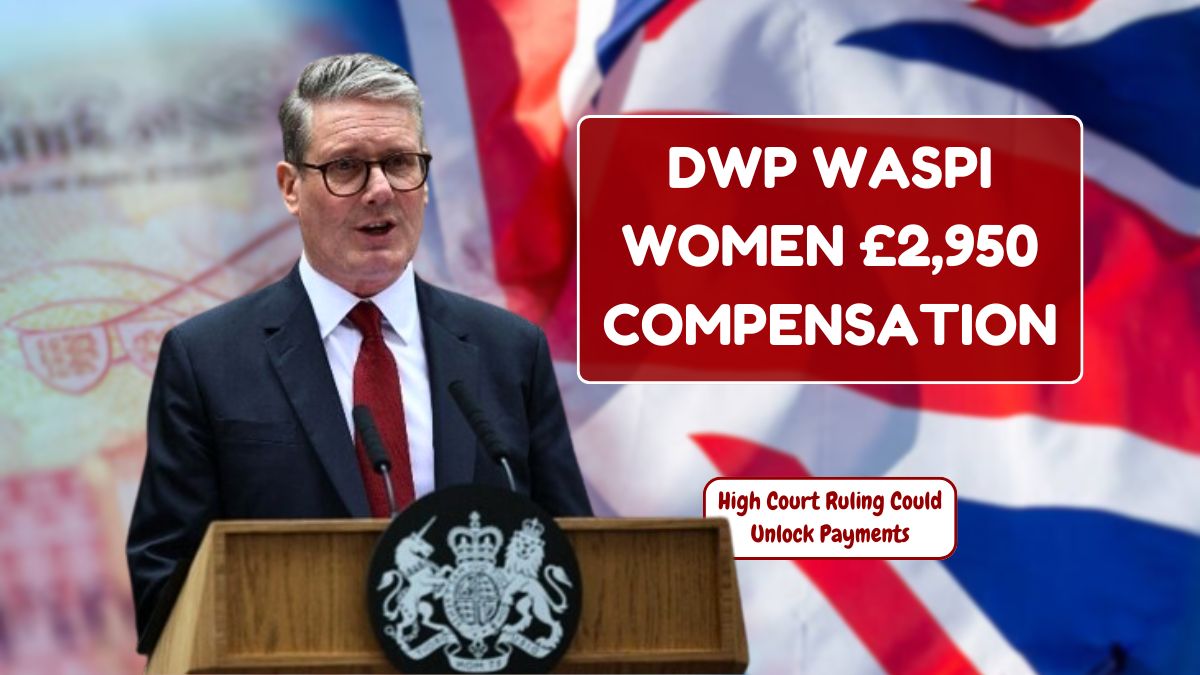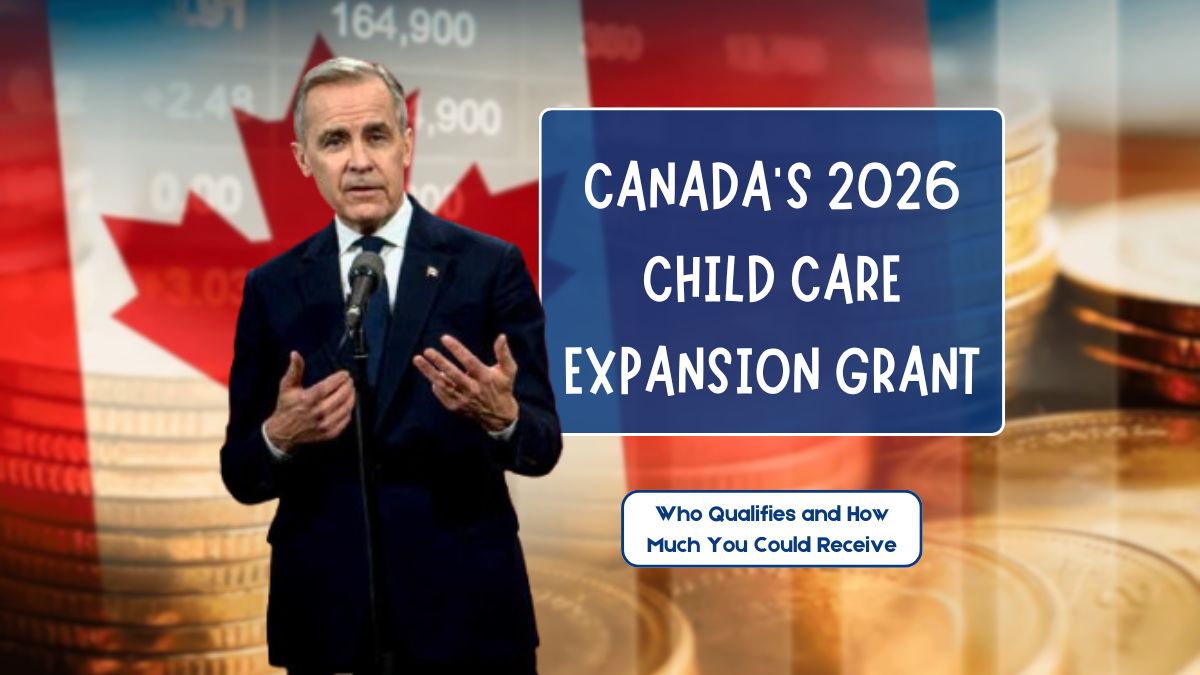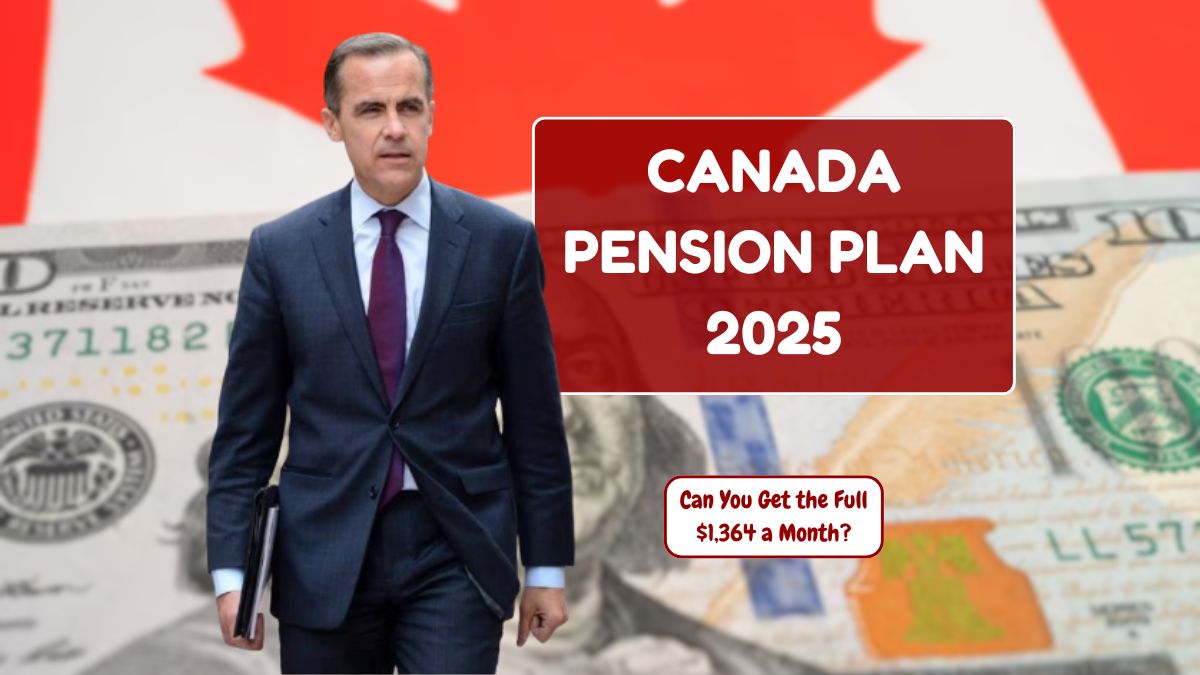The Environmental Protection Agency (EPA) has just proposed a sweeping move to rescind a key legal foundation that supports virtually every federal regulation targeting greenhouse gas emissions. Known as the “endangerment finding,” this 2009 ruling gave the EPA the authority to regulate carbon dioxide, methane, and other greenhouse gases under the Clean Air Act. Now, the agency under the Trump administration is trying to erase that authority altogether.
Background
The endangerment finding dates back to 2009 but has roots in a 2007 Supreme Court decision, Massachusetts v. EPA. That ruling said greenhouse gases could be regulated if the EPA found them dangerous to public health. Two years later, the agency did exactly that—creating the legal backbone for car emission standards, methane controls, and power plant regulations.
With this new proposal, the EPA argues it overstepped. Administrator Lee Zeldin says Congress never gave the EPA explicit permission to fight climate change. It’s a dramatic shift in interpretation—one that essentially guts decades of climate policy in one stroke.
Impacts
So what would happen if the proposal goes into effect?
First off, existing regulations on vehicle emissions—covering everything from sedans to 18-wheelers—would be revoked. Rules for power plants and methane from oil and gas operations would also be invalidated. In short, industries would no longer need to meet greenhouse gas limits.
That means a likely surge in gas-powered cars, dirtier power generation, and more methane leaks—all major contributors to climate change. It also kicks off a legal battle that could stretch out for years, with enormous stakes for future administrations.
Politics
This move is being framed as a rollback of “regulatory overreach.” Supporters, including automakers and oil lobbyists, say it’s about giving consumers choice—between gas, hybrid, or electric vehicles—rather than letting the government dictate the market.
On the flip side, critics argue this isn’t just anti-regulation—it’s anti-science. Environmental advocates, former EPA officials, and public health experts point to the rising toll of climate-related disasters: wildfires, floods, heatwaves, and storms. They say ignoring emissions is ignoring reality.
Legal
This isn’t just a policy shift—it’s a legal gamble. Overturning the endangerment finding would be monumental, but it’s risky. Legal experts say the move leans on shaky arguments, even fringe science, and could fall apart in court. But if it sticks, it could lock in Trump’s energy agenda for years and limit future presidents’ ability to act on climate change.
The table below highlights the key differences:
| Category | With Endangerment Finding | Without It |
|---|---|---|
| Vehicle Emissions Rules | Enforced | Eliminated |
| Power Plant Limits | Active | Suspended |
| Methane Controls | Regulated | Rolled back |
| Public Health Justification | Required | Removed |
| Legal Basis for Action | Strong (per 2007 ruling) | Highly contested |
Business
There’s also a big economic angle. The EPA under Trump claims climate rules cost the economy over $1 trillion. But the Biden-era EPA argued that the benefits—like fewer hospital visits, cleaner air, and saved lives—would outweigh costs by $1 trillion through 2055.
So what’s the truth? That depends on what you prioritize: short-term business savings or long-term environmental and public health.
Future
Even if the proposal is struck down in court, it could still cause long-term damage. Automakers might scale back EV plans. Oil and gas companies could invest less in cleaner tech. And in the meantime, we’d see more high-polluting vehicles on the road.
And the real kicker? People living through extreme weather won’t need a scientific report to know what’s happening. They’ll just look out the window.
This battle isn’t just about air or emissions. It’s about whether the government should have a role in fighting climate change—and whether we believe in the science behind it.
FAQs
What is the EPA’s endangerment finding?
It’s a 2009 ruling allowing EPA to regulate greenhouse gases.
Why does the EPA want to rescind it?
They argue Congress never gave them that authority.
What happens to vehicle emission rules?
They’d be revoked if the proposal becomes law.
Will this affect climate change policy?
Yes, it could limit future efforts to cut emissions.
Could this proposal face legal challenges?
Absolutely, and it’s expected to go to court.

